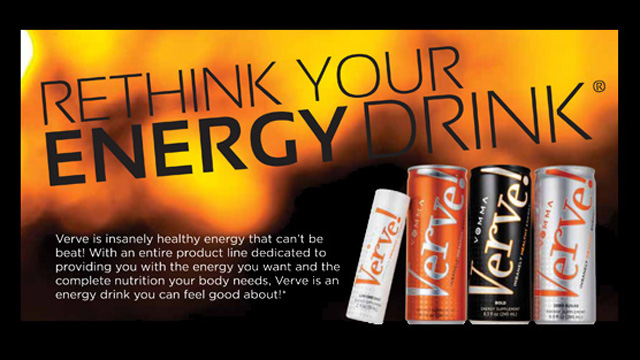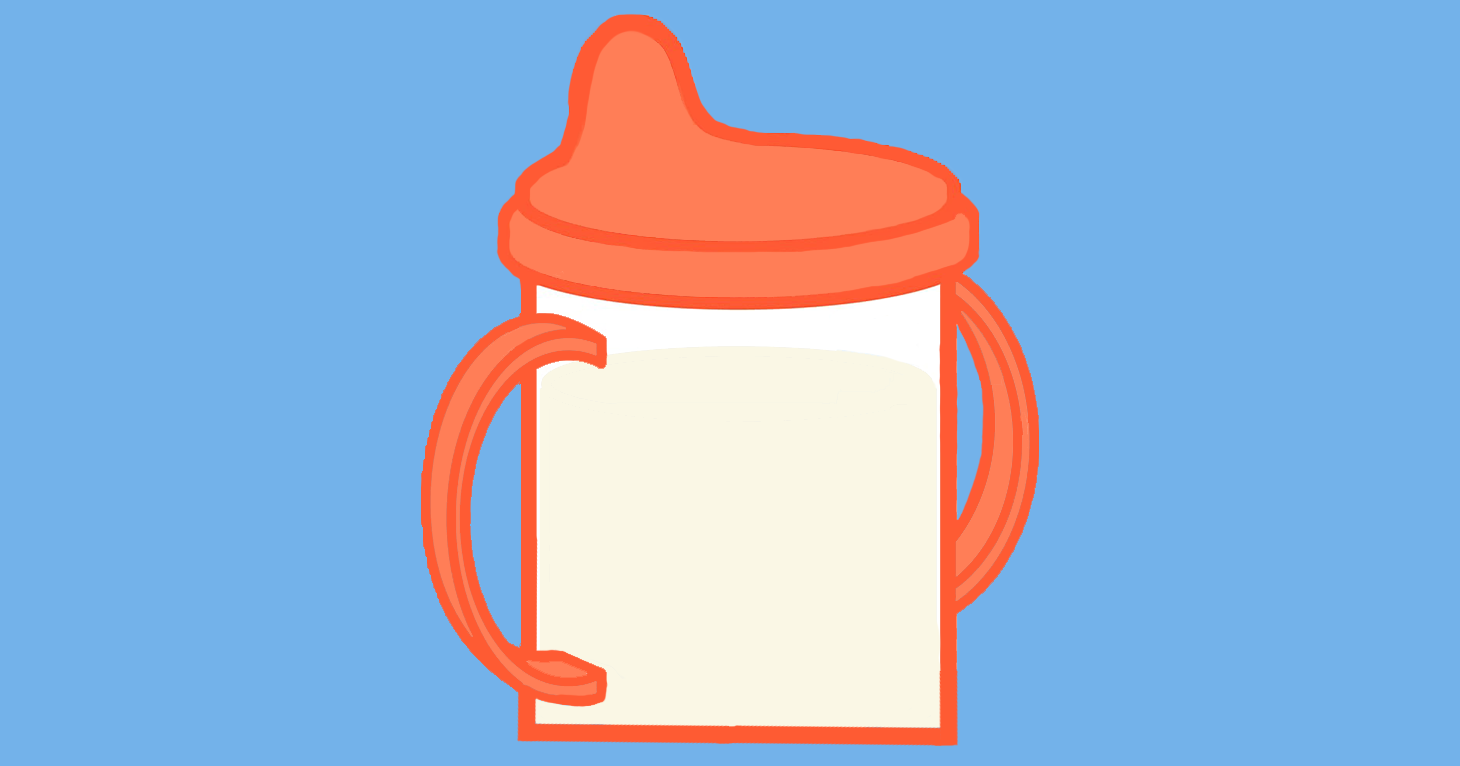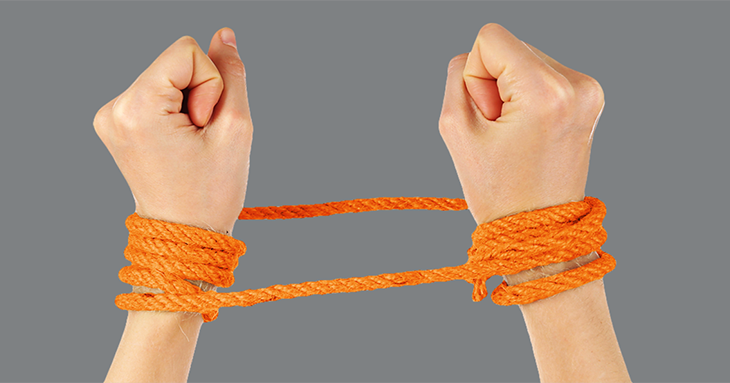
Best Reader Tips of 2021
This year reader tips led to dozens of ad alerts, as well as a complaint to regulators.
Vemma markets Verve as a healthy choice. But is it?
Vemma Nutrition Company is a privately held multi-level marketing company that sells energy drinks, nutritional beverages and weight management products. Vemma, which calls itself an affiliate marketing company, is based in Tempe, Arizona. It was founded in 2004 by Benson K. Boreyko and his sisters. Vemma is an acronym for vitamins, essential minerals, mangosteen and aloe. Nutrition Company, a national supplement company popular with young adults, touts its efforts to empower – and enrich – them through its line of beverage products.
But one of the chief products Vemma wants young adults to sell in order to gain financial freedom contains an ingredient that consumer advocates say can be harmful: caffeine.
The product line is Verve energy drinks, which has fast become the company’s top selling items. The Verve line is raking in more than $100 million a year, according to Vemma CEO Benson K. Boreyko.
Boreyko describes the Verve products as “freakin’ awesome” uniquely healthy energy boosters that contain, among other ingredients, a mixture of vitamins and mangosteen, which is a tropical fruit. Yet Verve products have a range of caffeine levels that rival some of the most popular – and highly scrutinized – energy brands on the market. An 8.3-ounce container of Verve Bold contains 120 mg of caffeine, which is more than an 8-ounce container of Red Bull or Monster Energy.
Growing number of experts voice health concerns
What Boreyko calls healthy, others call potentially dangerous.
The FDA reports that more than a dozen deaths have been associated with the consumption of energy drink products. The agency is currently investigating the health impacts of caffeine levels in an increasing number of food and beverages. Michael Taylor, FDA deputy commissioner for foods and veterinary medicine, said:
(W)e believe that some in the food industry are on a dubious, potentially dangerous path. If necessary, and if the science indicates that it is warranted, we are prepared to go through the regulatory process to establish clear boundaries and conditions on caffeine use. We are also prepared to consider enforcement action against individual products as appropriate.
In March, a group of 18 doctors wrote the FDA urging the agency to restrict the amount of caffeine in energy drinks and raised concerns about the marketing of the products to young adults, as well as kids and adolescents. The doctors wrote:
Given the evidence summarized below, we conclude that there is neither sufficient evidence of safety nor a consensus of scientific opinion to conclude that the high levels of added caffeine in energy drinks are safe under the conditions of their intended use, as required by the FDA’s Generally Recognized as Safe (GRAS) standards for food additives. To the contrary, the best available scientific evidence demonstrates a robust correlation between the caffeine levels in energy drinks and adverse health and safety consequences, particularly among children, adolescents, and young adults.
Several federal lawmakers have also been probing the health effects of caffeine levels in energy drinks, writing to energy drink and energy shot manufacturers requesting details about their ingredients and holding hearings in Congress. The Democratic lawmakers said the investigation was prompted by “mounting concerns regarding the safety of this rapidly growing class of products.”
Vemma takes a step back
Citing this increased scrutiny of the effects of caffeine and marketing of energy drinks, Vemma recently announced that starting Sept. 1, the company would no longer allow anyone under 18 to become brand partners or buy the products. (The company required minors to have consent from parents or legal guardians and in January started requiring parents to also become co-brand partners.) Teens aged 14-17 were already brand partners before Sept. 1 are allowed to continue to build their business, the company said. In its news release, Vemma cited the increasing pressure it is facing from school officials, media and parents:
Several schools have banned Verve. We have also seen an increase in parental complaints with the Better Business Bureau. Also, the media has not looked favorably on our minor policy either in a few reports.
In an earlier video to parents, Boreyko, the Vemma CEO, said he tells youngsters to stop buying other energy drink products such as Rockstar, Monster, and Red Bull and start buying Verve. Said Boreyko:
Young people love this drink. …Big pitch with these kids is pretty simple: Stop drinking other drinks and drink Verve. It’s way healthier and you can promote it and have (the) opportunity to make money.
Just a few weeks before announcing the Sept. 1 ban on minors, Benson said in an August video on the company website:
Next month everybody is going to be going back to school and that’s when the real networking is going to begin.
He also discussed a new line of the energy drinks the company would be introducing.
Bonnie Patten, executive director of truthinadvertising.org (TINA.org), said the company should not allow any minors to be grandfathered in and allowed to buy the Verve product or sign others up to become brand partners or call the drink healthy.
“Verve products contain levels of caffeine that medical authorities clearly say are potentially dangerous to teens and young adults. It’s alarming and misleading that the company markets the products as healthy,’’ she said.
Read more here about energy drinks and issues relating to Vemma.
This year reader tips led to dozens of ad alerts, as well as a complaint to regulators.
It’s the perfect formula for a class-action lawsuit trend.
Court concludes Vemma likely operating a pyramid scheme.


